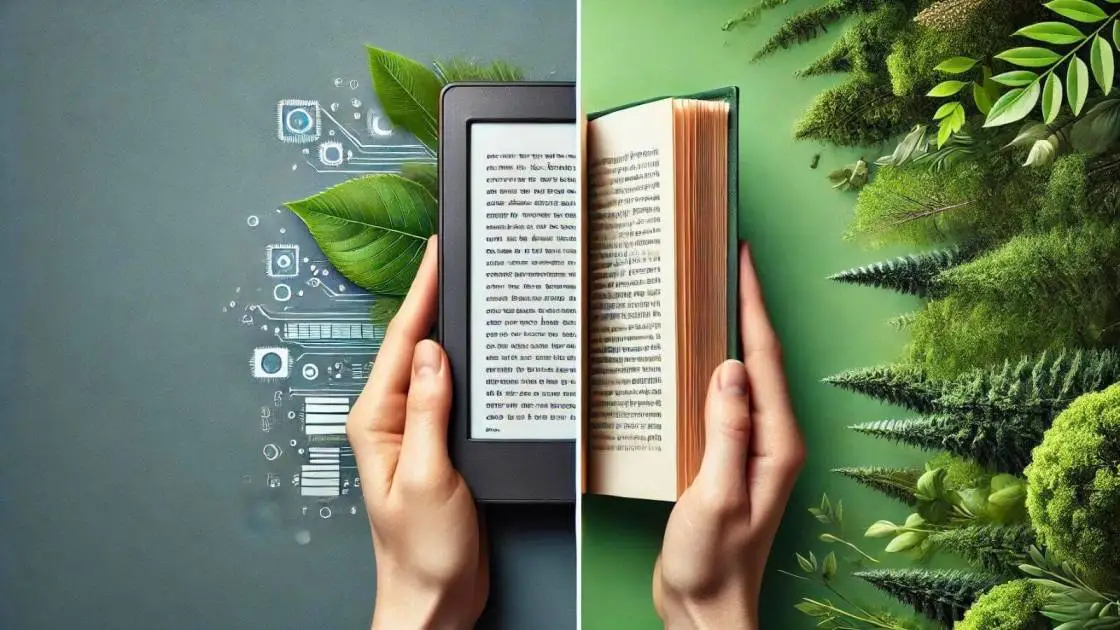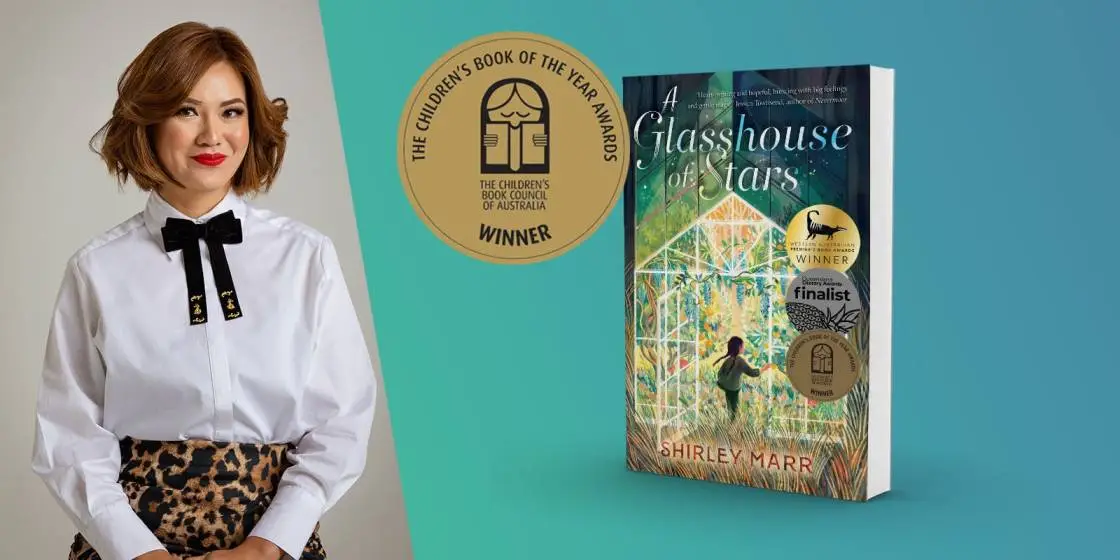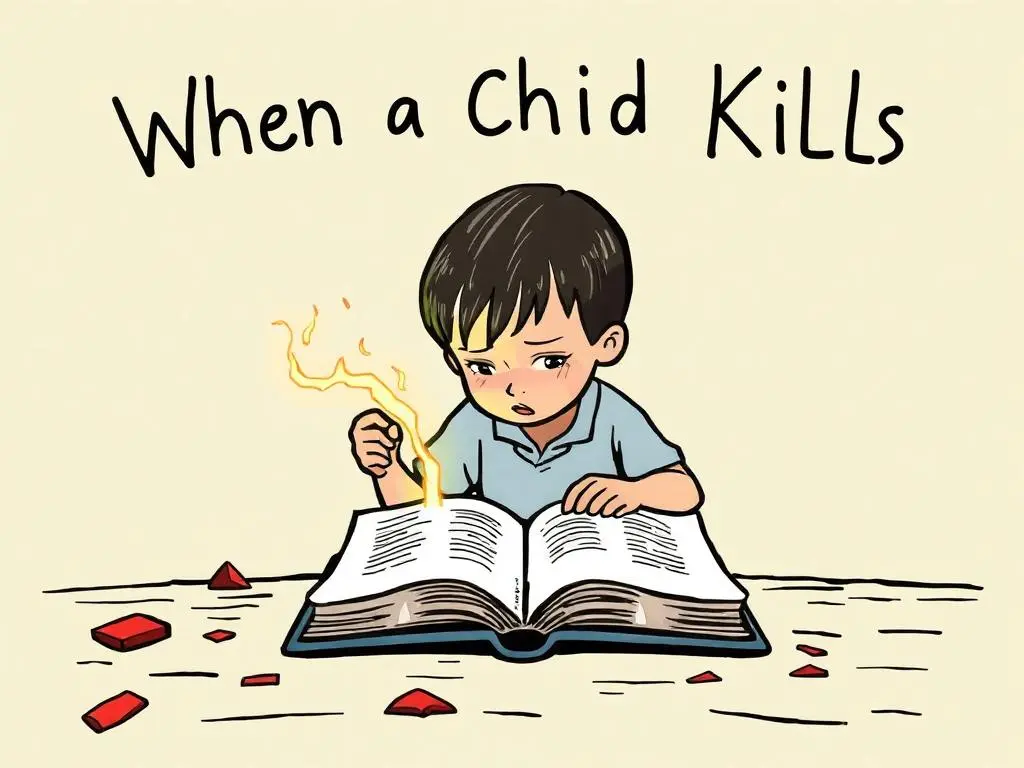Emily St. John Mandel Will Read Anything, if She Likes It

The author, most recently, of the novel “The Glass Hotel” often gives up on reading that disappoints her: “Life’s too short to spend time with books that you don’t love.”
What books are on your nightstand?
The truth is that my nightstand has been taken over by stuffed animals and a gigantic pine cone that my 4-year-old found in Central Park, so I’m just going to pretend that you asked which books are on my desk: Diane Cook’s excellent forthcoming novel “The New Wilderness,” Edmund Wilson’s “To the Finland Station,” an anthology of Chinese science fiction called “Broken Stars” (translated and edited by Ken Liu), a novel-in-grocery-lists called “Sinon J’oublie,” by Clémentine Mélois, “Schrödinger’s Dog,” by Martin Dumont, and Issue No. 28 of A Public Space.
What’s the last great book you read?
Toni Morrison’s “The Bluest Eye.” Other recent favorites are Charles Yu’s new novel, “Interior Chinatown,” and “The Second Sleep,” by Robert Harris. That last one holds a particular place in my heart. It’s a great novel on its own terms, but it’s also the last book that Sonny Mehta asked me to blurb.
He’d send me books through my editor at Knopf, in a very low-key way, like “Sonny wondered if you might have time to read this with an eye toward a blurb,” and my reaction was always, “Oh, are we pretending that I’m not going to immediately drop everything to read whatever Sonny Mehta wants me to read?” But the thing is, it never felt like an imposition, because the books he asked me to blurb were brilliant.
Can a great book be badly written? What other criteria can overcome bad prose?
I think I’d draw a distinction here between “great” — which for me would have to be a book that wasn’t badly written — and “important.” Both terms are obviously subjective, but consider George Orwell’s “1984.” It’s an important book. The prose won’t blow your mind.
Describe your ideal reading experience (when, where, what, how).
Sitting in the shade on my rooftop terrace in warm weather with no immediate obligations, reading a good novel, while my daughter naps by my side.
What’s your favorite book no one else has heard of?
“Monkey Beach,” by Eden Robinson. Robinson’s a Canadian author, and “Monkey Beach” was her second novel, back in 2000. That book got a lot of attention and was shortlisted for major Canadian prizes when it came out, but no one I talk to in the United States seems to know her work, which is unfortunate, because she’s brilliant.
Which writers — novelists, playwrights, critics, journalists, poets — working today do you admire most?
In journalism, I particularly admire Ronan Farrow and David Frum’s work. Farrow for tenacity and style, Frum because he represents the kind of voice that I wish we heard more of; he’s a prominent conservative who’s morally outraged by the current administration and is willing to go on record about it, which is vanishingly rare in the current landscape. I’m considerably to the left of him politically, but I appreciate his perspective.
In poetry, I really like Kay Ryan, Morgan Parker, Ben Lerner and Kevin Powers. The contemporary novelists I admire most are the ones who do interesting things with genre and structure: Jennifer Egan, David Mitchell, Charles Yu and Dan Chaon are particular favorites. So far I’ve only read her nonfiction, but I love what I’ve read of Valeria Luiselli’s work.
What do you read when you’re working on a book? And what kind of reading do you avoid while writing?
I’m always working on a book. I don’t mean that in any grandiose way, it’s just that I enjoy writing novels and don’t like to take a break between projects, because writing a new book is helpful in remaining sane through the publication process. I think that whatever you read inevitably influences the way you write, so I just try to read a broad range of authors, so that I don’t start to sound too much like any one person.
Do you count any books as guilty pleasures?
No, for me those books are only pleasures. Look, we all work too much. It’s not at all unusual for me to send and receive business emails at night after everyone’s kids have gone to bed. There’s something invigorating about that culture of work, about being deeply engaged in work that you truly care about, but also it really is too much sometimes, so I will never feel guilty about rereading P. G. Wodehouse for the 17th time or binge-reading Danny M. Lavery’s “Dear Prudence” columns.
What’s the last book you read that made you laugh?
“The Feral Detective,” by Jonathan Lethem.
The last book you read that made you cry?
“The Need,” by Helen Phillips.
Has a book ever brought you closer to another person, or come between you?
“I like you,” I’ve found myself thinking on more than one occasion, “but if you don’t stop talking about ‘Infinite Jest,’ I may have to excuse myself and climb out your bathroom window.”
Do you prefer books that reach you emotionally, or intellectually?
Ideally both.
Which genres do you especially enjoy reading? And which do you avoid?
I’d say my reading is about 90 percent contemporary novels. I don’t actively avoid any genre, but I only rarely read memoirs.
How do you organize your books?
The fiction and poetry sections are strictly alphabetical. I know people who organize by color, and their bookshelves are gorgeous, but if I organized by color I would never find anything again. The books in French get their own section, as do the graphic novels. The nonfiction is harder: There are a few clear subcategories, e.g. books about World War II, but mostly it’s a mess. I try to group it roughly by category — essays, memoirs, religion, etc. — but where do you put your Christopher Hitchens essay collections in that scheme?
What book might people be surprised to find on your shelves?
I’m not sure that I have anything terribly shocking. Maybe the weirdest thing is a computer printout of the script for Richard Linklater’s “Waking Life,” but that printout’s days are numbered; the text is fading away.
How have your reading tastes changed over time?
I’m less rigid about genre than I used to be. There was a period in my teens when I was really only interested in science fiction — my memories of my reading life in those years are a blur of androids and space stations — and then a period later when I was mostly interested in mainstream literary fiction, which is to say not particularly interested in horror or westerns or books set in outer space. But now I’ll read anything.
Disappointing, overrated, just not good: What book did you feel as if you were supposed to like, and didn’t? Do you remember the last book you put down without finishing?
I couldn’t finish “On the Road.” (I don’t need it explained to me, gentlemen of Twitter. I just don’t think it’s very good.) I often put books down without finishing them. Unless you’re reading for research and need to just power through to absorb information, I think it’s possible that life’s too short to spend time with books that you don’t love.




